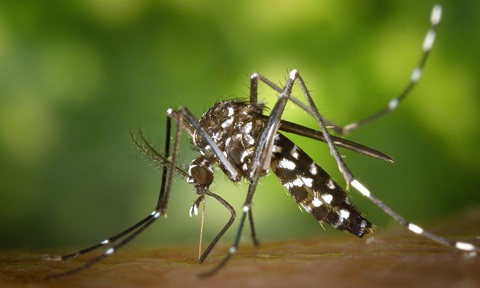Asst Prof Zhao Wenting wins prestigious Human Frontier Science Program grant
Backed by the grant, Asst Prof Zhao Wenting and her collaborators will investigate the role of finger-like protrusions on the surfaces of immune cells that help our body fight infections and cancer.

Asst Prof Zhao Wenting of NTU’s School of Chemical and Biomedical Engineering has been awarded a Human Frontier Science Program 2021 early career research grant. The US$1 million award will be used to uncover how unique structures on immune cells called microvilli guide our immune system in fighting diseases.
The Human Frontier Science Program (HFSP), supported by its member countries and the European Commission, promotes international collaboration in research focused on understanding the complex mechanisms of living organisms. The project was one of seven early-career research grants selected by HFSP for funding after a rigorous year-long selection process.
Asst Prof Zhao’s joint collaborative project is with two other young investigators - Asst Prof Xiaolei Su from Yale University and Asst Prof Francesca Bottanelli from Freie Universität Berlin.
Understanding immune responses to a T
T cells, a type of immune cell, play important roles in regulating our immune system in responding to infections such as COVID-19 and diseases like cancer. Finger-like structures that protrude from the cells, called microvilli, contain T cell receptors (TCRs) that activate signalling pathways crucial for immune responses. However, other functions of the microvilli remain a mystery.
Supported by the grant, the researchers aim to better understand the roles that microvilli play in T cell signalling. Using nanoplatforms developed by Asst Prof Zhao’s research group, the scientists will dissect how the TCRs are optimally positioned on the microvilli to facilitate the activation of cellular processes during an immune response.
“Combining advanced nanofabrication with state-of-the-art cell biology and super-resolution imaging, we hope our multidisciplinary team will uncover the importance of the microvilli in the activation of the immune system at the nanoscale,” said Asst Prof Zhao.
“This in-depth study will not only contribute to a better understanding of how our immune system functions efficiently, but also hopefully pave the way for novel immunotherapies to treat cancers.”



.tmb-listing.jpg?Culture=en&sfvrsn=82921582_1)


.tmb-listing.jpg?Culture=en&sfvrsn=ba129532_1)
